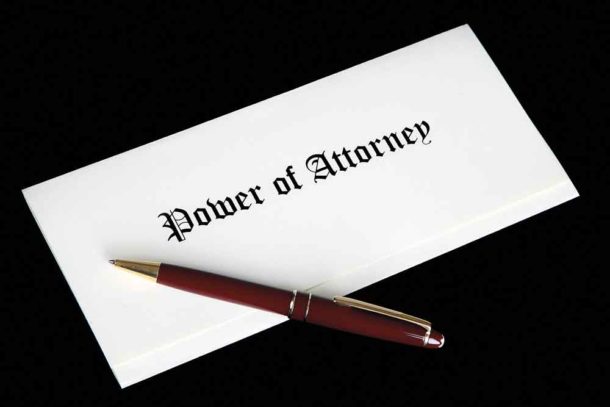 Pam Douglas is a solicitor with local firm Wainwright & Cummins. Each month, she takes a common enquiry and asks colleagues to answer it for readers
Pam Douglas is a solicitor with local firm Wainwright & Cummins. Each month, she takes a common enquiry and asks colleagues to answer it for readers
They say no man is an island. And in this increasingly hectic world, we’re faced with so many decisions to make every day. For many of us, there will come a time when we need somebody to lean on. We’re living longer, we’re busier than ever and according to recent local statistics, around 35% of us live alone. This often means that we can’t assume that things will be taken care of when we’re not able to do them ourselves, whether this is as a result of temporary absence, injury or ill-health As a follow-up to her earlier advice, my colleague, Aneesha Bhunjun, has taken another look at the benefits of having a Lasting Power of Attorney (LPA).

I have met many families who, as well as to dealing with life-changing health events, have the added stress of trying to obtain the legal authority required to take over their loved one’s responsibilities or to make decisions on their behalf. The most serious of such cases can end up in the High Court. At the other end of the spectrum, what happens if you’re overseas for work or study and something is happening here at home that requires your legal input, such as the sale of your property? Or what would happen if you were taken ill overseas? Who would be legally recognised as your “next of kin”?
With a Lasting Power of Attorney (LPA), you can nominate people you trust to step in and make decisions and sign documents on your behalf in the event that you can’t do so yourself. I have long been of the opinion that everyone should put this in place. After all, none of us knows what’s around the corner.
A Lasting Power of Attorney is a legal document that allows you, the donor, to choose one or more “attorneys” to make decisions on your behalf during those times. There are two kinds of LPA: one that deals with property and financial matters and the other that is concerned with health and welfare. You can choose to have one or both and you can choose different people in relation to each. Both can be “notarised” to give them international validity.
What kind of decisions would your LPA be able to help you with? In terms of financial matters, whoever you appoint will be able to assist you in the payment of bills, managing bank accounts, personal finances, or even business affairs.
When it comes to health, decisions may involve the giving or refusing of consent to health care, staying in your home and getting medical help, moving into a care home, or even day-to-day concerns such as diet.
It is important to remember, however, that this power over your affairs can easily be abused by the unscrupulous and it is therefore extremely important to choose your attorneys very carefully. In some circumstances, it is best to appoint more than one attorney and only allow them to make decisions together. It may also be advisable to have a solicitor as one of your attorneys, because they will be focused on your best interests and not those of your family or friends. It is also important to remember that, once you give someone this power over your affairs, it can also easily be revoked if circumstances change or you simply change your mind.
Please feel free to contact us in relation to this or any other legal issue that we might be able to help with: info@wainwrightcummins.co.uk.






